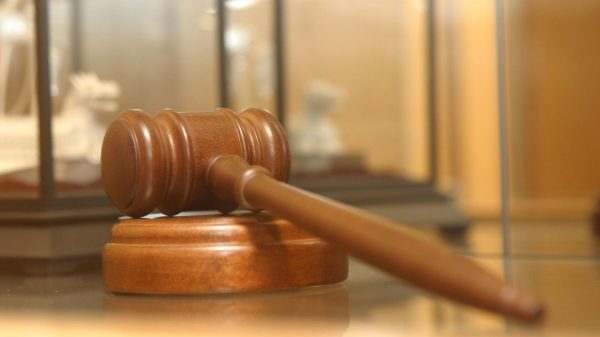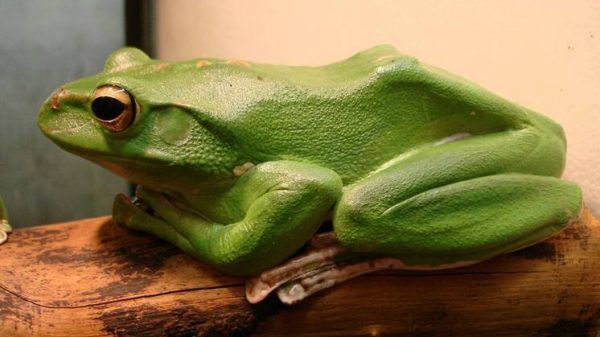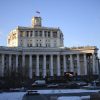
br>
The mass departure of Sochi football players to Chechnya before the most important RPL match with Akhmat is the most a discussed scandal in Russian sports over the past week. Sports recalls several similar cases with our athletes at international tournaments.
The girls were loaded onto the plane
At the 2003 European Volleyball Championship in Turkey, the Russian women's team was considered the favorite, and, as the then head coach Nikolai Karpol assured it, could have won gold if they had fought with opponents, and not with the consequences of poisoning. It happened before the key match of the group tournament with the home team, who at that time were not yet among the top teams. The mass poisoning occurred in a hotel where several national teams lived, and meals were organized on a buffet basis. 20 volleyball players from various teams were injured, seven of them Russians. Considering that there were 12 volleyball players in the application, and six should be on the court, Karpol’s complaints are understandable. The coach claimed that only two girls entered the court healthy.
 In basketball, a loud scandal broke out in the spring of 1995 in Athens. At that time, the Euroleague quarterfinals followed a different pattern than now. To get to the Final Four, you had to win two matches. The first quarter-final match took place on the court of the team that took the lower place, and the second and, if necessary, the third match took place at the opponent’s home arena. In the pair CSKA — Olympiacos, the Greeks had the advantage of their home court.
In basketball, a loud scandal broke out in the spring of 1995 in Athens. At that time, the Euroleague quarterfinals followed a different pattern than now. To get to the Final Four, you had to win two matches. The first quarter-final match took place on the court of the team that took the lower place, and the second and, if necessary, the third match took place at the opponent’s home arena. In the pair CSKA — Olympiacos, the Greeks had the advantage of their home court.
br>Greek clubs in the mid-90s were considered the richest in Europe. Olympiacos included not only national team stars Georgias Sigalas and Panagiotis Fassoulas, as well as naturalized “Souths” Dragan Tarlach, Franko Nakic and Milan Tomic (they were issued Greek passports in order to bypass the rather strict limit on foreign players in those days), but and NBA school graduates Eddie Johnson and Olympic champion of Seoul as part of the USSR national team Alexander Volkov. There was not a single foreign player in the ranks of CSKA, but the strongest Russian basketball players of that time were gathered. The army team was coached by Stanislav Eremin, and the legendary Alexander Gomelsky served as honorary president of the club and had perhaps more influence on the life of the team than president Mikhail Reznikov.
In Moscow, CSKA defeated the Greeks — 95:65. The hosts won the first match in Piraeus (the port area of Greater Athens, where Olympiacos is based) with great difficulty — 86:77. The refereeing in this match was «home». And that's putting it mildly! The bosses of Olympiacos set the task of getting into the Final Four at any cost. Despite the star lineup, the Olympiacos coaching staff, led by Giannis Ionnidis, was afraid of the third meeting, which CSKA was seriously looking forward to.
As the then army player, and now the president of Nizhny Novgorod, said in an old interview Sergei Panov, the Greeks made unequivocal offers to sell the game for good money. Naturally, they were rejected. As Panov recalled, someone from Olympiacos said: “Well, then don’t be offended.”
On the day of the game, five CSKA players, including Panov himself, were taken to various Greek hospitals with symptoms of severe poisoning. Eremin had only five relatively healthy fighters at his disposal.
«
“I didn’t feel well, but since I didn’t end up in the hospital, I had to go out onto the court,” Evgeniy Kisurin recalled about the not-so-best days of his career. – At some moments of the meeting I acted simply automatically. At the same time, Eremin did not lose his sense of humor. "Starting five — onto the court!" — he admonished us before the starting whistle. » />
Could the Muscovites, given the force majeure, refuse to play? The then Secretary General of the International Basketball Federation Borislav Stankovic left the decision of this issue to the commissioner of the meeting, Bulgarian Valentin Lazarov. Negotiations with him were conducted by Gomelsky and Reznikov. The main argument in favor of holding the game was the threat to fine CSKA for disrupting the television broadcast. Considering that the army team had great difficulties with money at that time, the club’s leaders agreed to the game.
It was naive to hope that the Greeks would play the match in compliance with fair play principles. Although, as Eremin recalled in an old conversation, he was told about Lazarov’s proposal to the Olympiacos coaching staff: to sign up for the game not ten basketball players, but five, exactly as many as CSKA had at its disposal. Only Ionnidis, only at the very end of the meeting, when the hosts were leading “+20” and the army team had three basketball players left on the court (two received five fouls each), took off two of his guys. This is fair play.
«Let's attract the best detectives of Athens»
In the summer of 1995, EuroBasket was held in Athens, in which the Ukrainian national team did not participate. Volkov played for her after the collapse of the Union. He came to the games and invited him for an interview at his luxurious villa in the most prestigious area of the Greek capital. Naturally, the conversation turned to the poisoning of CSKA players.
“
“I learned that I would have to play with ten men against five opponents shortly before the start of the match,” the Olympic champion admitted. “I didn’t feel well.” at ease. I even asked Ionnidis not to let me on the court. Only after the coach saw that Volkov was of little use, he left me on the bench. All basketball players were forbidden to discuss this story.»
Even the bloodless CSKA initially fought with the star Olympiacos on equal terms. Only at the end of the first half (at that time there were no divisions into quarters in European basketball) did the hosts take a five-point lead. It is clear that CSKA left the forces. And the five were completely non-standard: attacking defender Andrei Vadeev and four “big men”. And then Igor Kurashov first received his fifth foul, and then Andrei Spiridonov left the site due to injury.
When Vadeev received the fifth foul, the game, according to the rules, should have ended. A team with two basketball players cannot continue the match. Only the match continued. Spiridonov, despite the injury, returned to the site. “I couldn’t do otherwise,” recalled this episode, already working as the general manager of St. Petersburg “Zenith”, a former CSKA basketball player. “It was clear that we wouldn’t be able to win this match, but we had to show the Greeks that we weren’t giving up.”< br>
Naturally, the perpetrators of the incident were not found. They simply did not investigate the incident without delay. Although CSKA's help was offered…by representatives of Panathinaikos, sworn «friends» of Olympiacos' eternal competitors in all sports. Pao general manager Steve Kostallos (he later worked in Russian basketball for many years) proposed attracting the best detectives of Athens. Only the leadership of the Moscow club, represented by Gomelsky and Reznikov, refused such help. CSKA even sent letters of gratitude to the staff of Athens clinics, although the quality of treatment of poisoned basketball players left much to be desired.
The next season, CSKA and Olympiacos were in the same group in the regular Euroleague championship. The Muscovites won both meetings, and, as both the basketball players and head coach Eremin recalled, they had never encountered such “not home” refereeing in Piraeus. The Russian club took first place in the group, gained home-court advantage in the quarterfinals, beat the French Pau-Orthez with a score of 2:1 and lost to Panathinaikos in the semifinals of the Final Four.























































Свежие комментарии